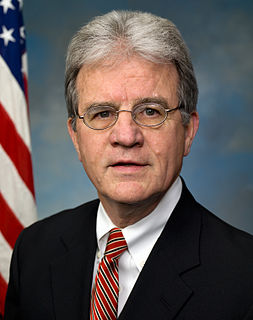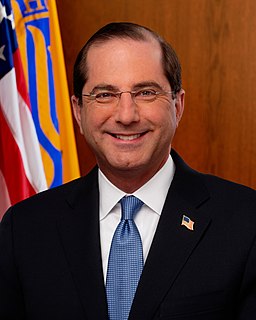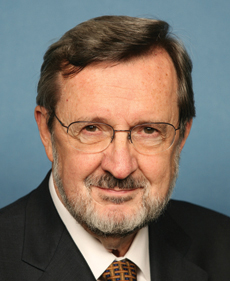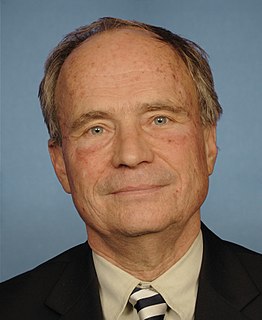A Quote by Tom Coburn
The vast amount of waste and sheer stupidity in government - from the Pentagon to the Food and Drug Administration - could fill committee agendas for years.
Related Quotes
Consider the clinicaltrials by which drugs are tested in human subjects.5 Before a new drug can enter the market, its manufacturer must sponsor clinicaltrials to show the Food and Drug Administration that the drug is safe and effective, usually as compared with a placebo or dummy pill. The results of all the trials (there may be many) are submitted to the FDA, and if one or two trials are positive—that is, they show effectiveness without serious risk—the drug is usually approved, even if all the other trials are negative.
The Food and Drug Administration works to protect the interests of all patients and provide them with reliable information about the potential effects of treatments. But government rules should not stand in the way of potentially lifesaving therapies for those who do not have much time or any other options.
The field of U.S. cancer care is organized around a medical monopoly that ensures a continuous flow of money to the pharmaceutical companies, medical technology firms, research institutes, and government agencies such as the Food and Drug Administration (FDA) and the National Cancer Institute (NCI) and quasi-public organizations such as the American Cancer Society (ACS).

































